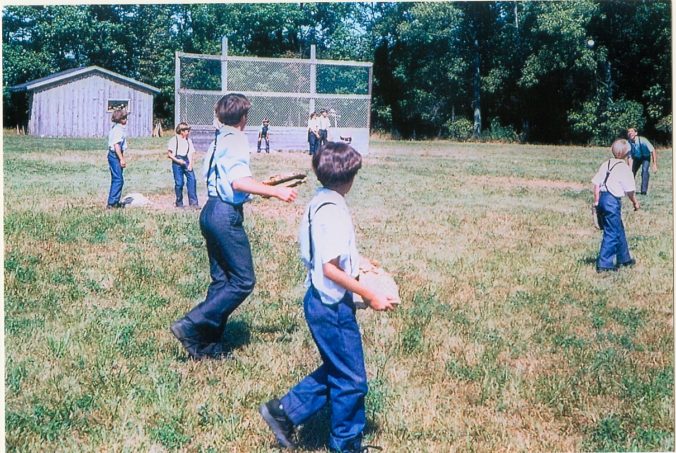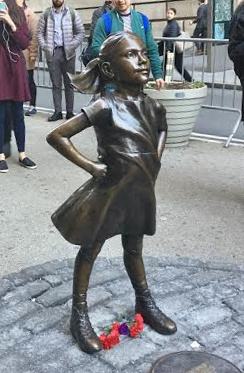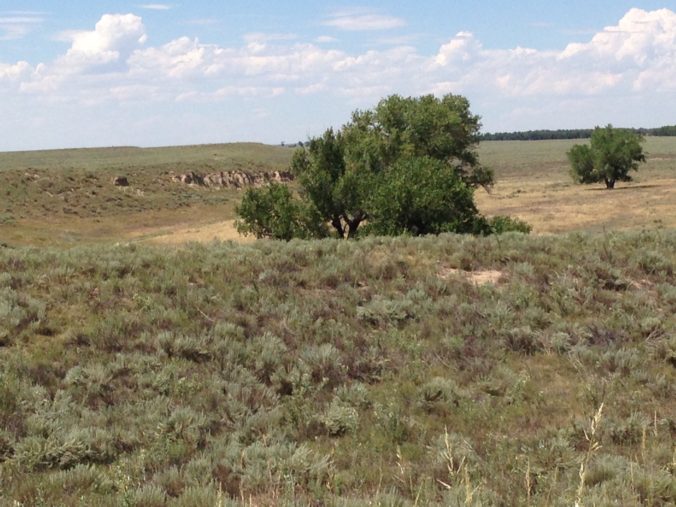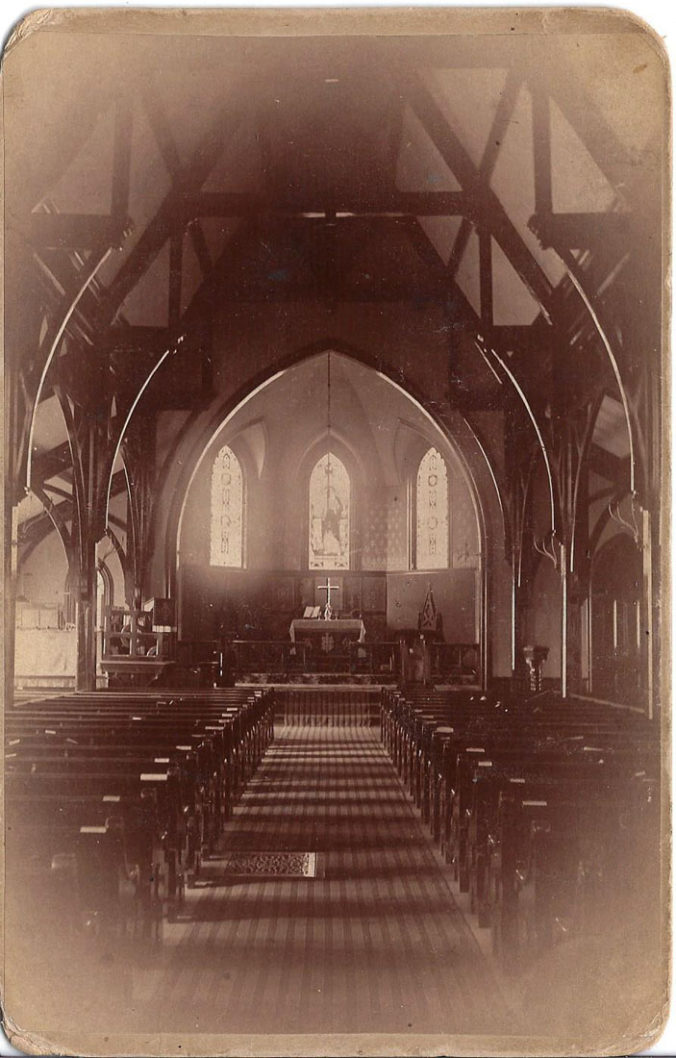The collapse of our democracy won’t be by a nuclear blast, a dirty bomb or a cyber attack. It will be a slow leak of our sense of fair play, the art of compromise, and civility that will sink us.
The Democrats in the Senate have enough votes to filibuster, a procedural move that requires 60 votes to move on to the main vote on nominees and legislation, the confirmation to the Supreme Court of Neil Gorsuch. In response the Republicans have vowed to eliminate the filibuster on Supreme Court nominees, a vote that only requires a simply majority. It’s a procedural change and it matters. A filibuster prevents the bullying of the minority by the majority. The majority have to negotiate with the minority. The filibuster pushes Senators out of entrenched partisan positions into bipartisan negotiation.
Outcomes matter, but process is more important. As a pastor a big part of my role is to safeguard the way we make decisions. I’m ordained to “Word, Sacrament, Service and Order.” I started out thinking of Order as the boring stuff of administration and building management. After close to 20 years in ordained ministry I’ve learned that “Order” is about more than church budget spreadsheets, roofing material and shared building use contracts. Order is about how we decide what we decide. How do we hear from everyone and not just those with the loudest voice? How do we be sure we are doing what’s right and not just what’s comfortable.
In elections I want my candidates to win. I want the legislation I support to get passed. But I also want the rule of democracy to thrive. I want to live in a country where our common good is more important than winning at all costs. Our leaders in Washington (and in Springfield) have forgotten an important lesson from elementary school gym class: “It’s not whether you win or lose, it’s how you play the game.”









Recent Discussions